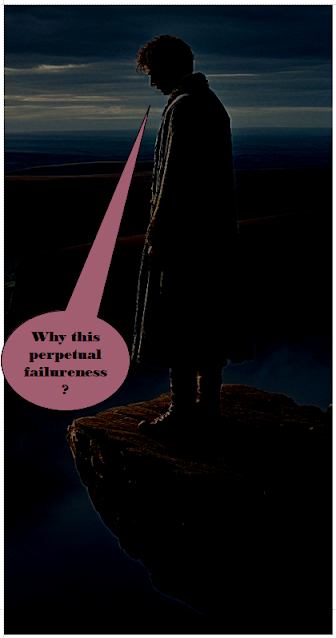Elias had a fascination with words. Their assonance, their consonance, their resonance, and their other aspects, occupied him for hours at a time, and he believed that language could inherently create futures, or destroy them just as easily. So, as he laboured at his love of literation one inspired night when the moon hung low and silver over the town, the course of his life was forever altered by a word he had never heard nor read.
The air seemed thick with secrets to Elias as he sat hunched over his desk, candlelight flickering. Engrossed with the climax of his latest untitled novel, and focused on his protagonist, Edmund Grey, the artful author continued to work on the character of a man haunted by bad experiences, brutal betrayals, and fractious, failed relationships. Of these the betrayals cut his tragic hero the deepest. The treachery of family, the hypocrisy of the church, the callousness of society, these all hurt, and Edmund bled as every memory troubled and tortured him from within.
Elias felt an urgent need to name that unrelenting force against which his hero struggled, but lacked the right word. He dipped his quill into the inkwell, the nib scratching against parchment. Words danced before him: anguish, despair, torment, but none captured the essence of Edmund’s battle. Elias needed something more, a word that would cast a wide net and capture the many aspects of his embattled character's oppositions and ordeals.
And then sweetly it came to him, in a flutter, a whisper, a revelation. The syllables settled on the page like leaves scudded by a spent breeze as Elias wrote “Failureness.”
He spoke the freshly scripted word out loud for the first time and felt the severity of its meaning. It was not merely the state of failing; it was the relentless, persistent, enduring presence of failure with the gnawing ache that came with every setback, every broken promise, every shattered dream.
He imagined Edmund standing on the precipice of a crumbling cliff, staring into the abyss, the word echoing through his mind, faintly at first and then louder until he burst out loud with it."Failureness. Failureness. Why this perpetual failureness? Why does it press upon me at every turn?"
It was more than a noun to Elias as he pressed on with his writing. It was a living, breathing entity, an antagonist that dogged Edmund’s every step, and soon this antagonist would be exposed to a select readership who would weigh up the new word as he himself had done before weaving it into his script, and into their vocabulary to take on a life of its own.
When his latest edition found its way to the townsfolk of Lexicon, those who took the time to read it did indeed feel the weight of failureness, its inevitability, its durability, and its detestability. They wept for Edmund as betrayal after betrayal dragged him down and misfortunes beset him in waves. They pictured his face etched with emotion, and empathised with everything the word failureness stood for as they learned how deeply it had furrowed into his soul. When clergy failed him, when family bonds were frayed, and when social mores were violated and laws invoked demanding his estrangement, failureness was a stronger word than unfairness to describe the resulting paradigm.
Elias knew the arrival of his new word failureness was more than whimsical wordsmithing. It was a mirror reflecting the struggles of every person who had tasted the offensiveness of opposition and the bitterness of defeat, who had stumbled and fallen and risen only to experience the same pattern again and again. The townsfolk whispered about the strange new word, attributing it to some ancient tome or forgotten poet, wondering how Elias Thorne had successfully introduced it to the literary world along with the plight of Edmund Grey.
As the seasons changed, so did Elias. His once solitary existence expanded. He held clandestine meetings with fellow writers, sharing the imagery of failureness. They debated its nuances, its syllabic cadence, and its ability to evoke empathy. The word spread quickly beyond Lexicon and was soon seeping into other novels, other narratives, other news reports.
But Elias paid a price. His own life mirrored Edmund’s—a series of betrayals, disappointments, and heartaches. The church accused him of heresy, his family disowned him, and society deemed him mad. Yet, he clung to the word, for it was his legacy—the legacy of a man who had invented a language of pain.
And so, in the quiet of his study, as Elias Thorne penned yet another suspenseful chapter in yet another cathartic edition, he closed his eyes and thought back to Edmund Grey standing on that fateful cliff, the wind howling into his wretched past as blackened skies attested to the word failureness written into his destiny, and reflected on how often a person's fate is sealed by their unforgiveness.
Failureness, Elias smiled, musing on the profoundly satisfying providence of his neologism and its apposition to the equally profound deprivation which the word evinced, a word that he hoped would lead to greater things for the townspeople of Lexicon and for his protagonist, Edmund Grey, whom he would not leave dejected on the edge of an unforgiving abyss.
© 2024-03-19 Michael Coldham-Fussell with AI assistance.




